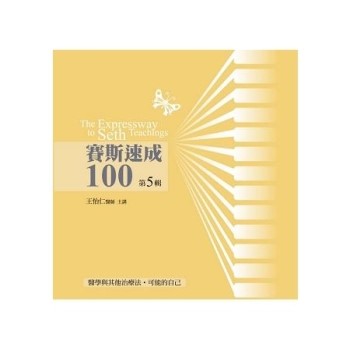Establishing an intersection between the fields of traditional music studies, English folk music history and the philosophy of Gilles Deleuze and Félix Guattari, this book responds to the problematic emphasis on cultural identity in the way traditional music is understood and valued.
Williams locates the roots of contemporary definitions of traditional music, including UNESCO-designated intangible cultural heritage, in the theory of English folk music developed in 1907 by Cecil Sharp. Through a combination of Deleuzian philosophical analysis and historical revision of England’s folk revival of the Victorian and Edwardian eras, Williams makes a compelling argument that identity is a restrictive ideology that runs counter to the material processes of traditional music’s production. Williams reimagines Sharp’s appropriation of Darwinian evolutionary concepts, asking what it would mean today to say that traditional music ’evolves’, in light of recent advances in evolutionary theory. The book ultimately advances a concept of traditional music that eschews the term’s long-standing ontological and axiological foundations in the principle of identity.
For scholars and graduate students in musicology, cultural studies, and ethnomusicology, the book is an ambitious and provocative challenge to entrenched habits of thought in the study of traditional music and the historiography of England’s folk revival.












